16 Early Learning Activity Ideas For Preschoolers

Engaging in fun and educational activities with young children is important for developing their skills as they learn and grow. Here are some ideas for early learning activities to do with toddlers and preschoolers:
Arts and Crafts
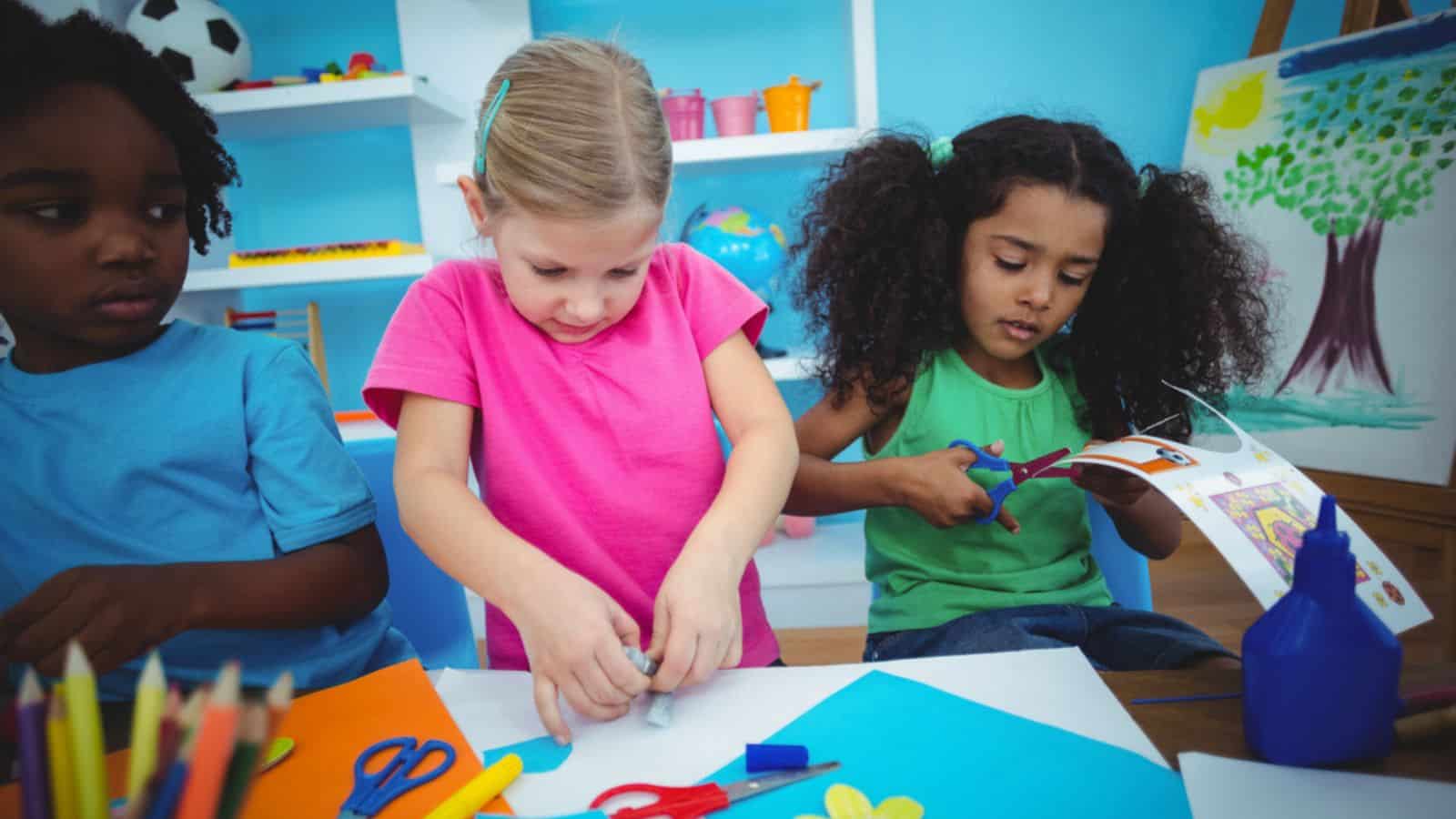
Arts and crafts activities allow for creative expression and developing fine motor skills. Have children finger paint, use stamps and stickers, make collages, mold with play dough, and more. Describe what they’re doing to enhance language skills.
Sensory Play
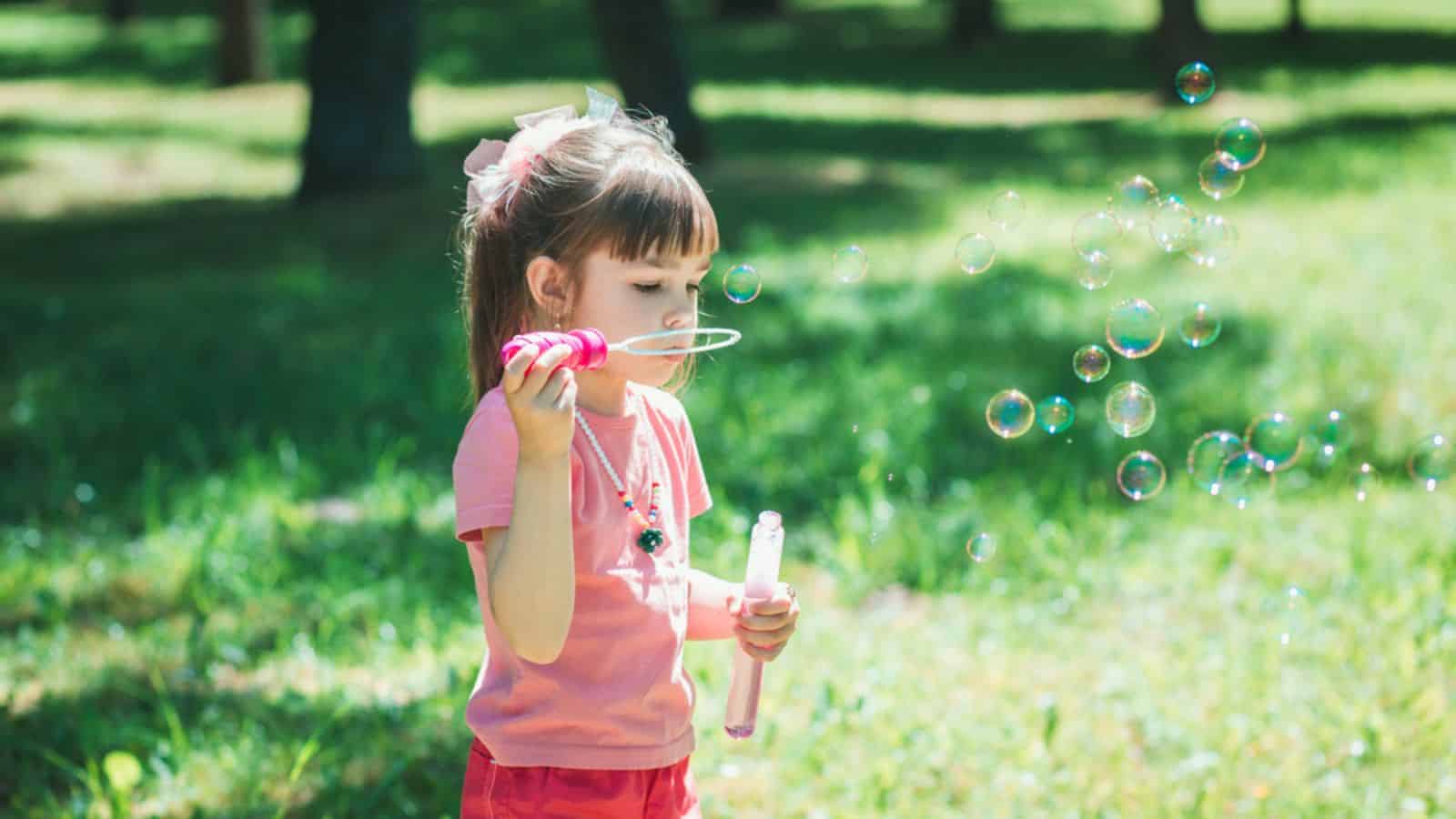
Sensory play with items like rice, beans, bubbles or goop helps develop senses through touch, sound and movement. Provide safe containers and encourage exploring different textures.
Outdoor Time
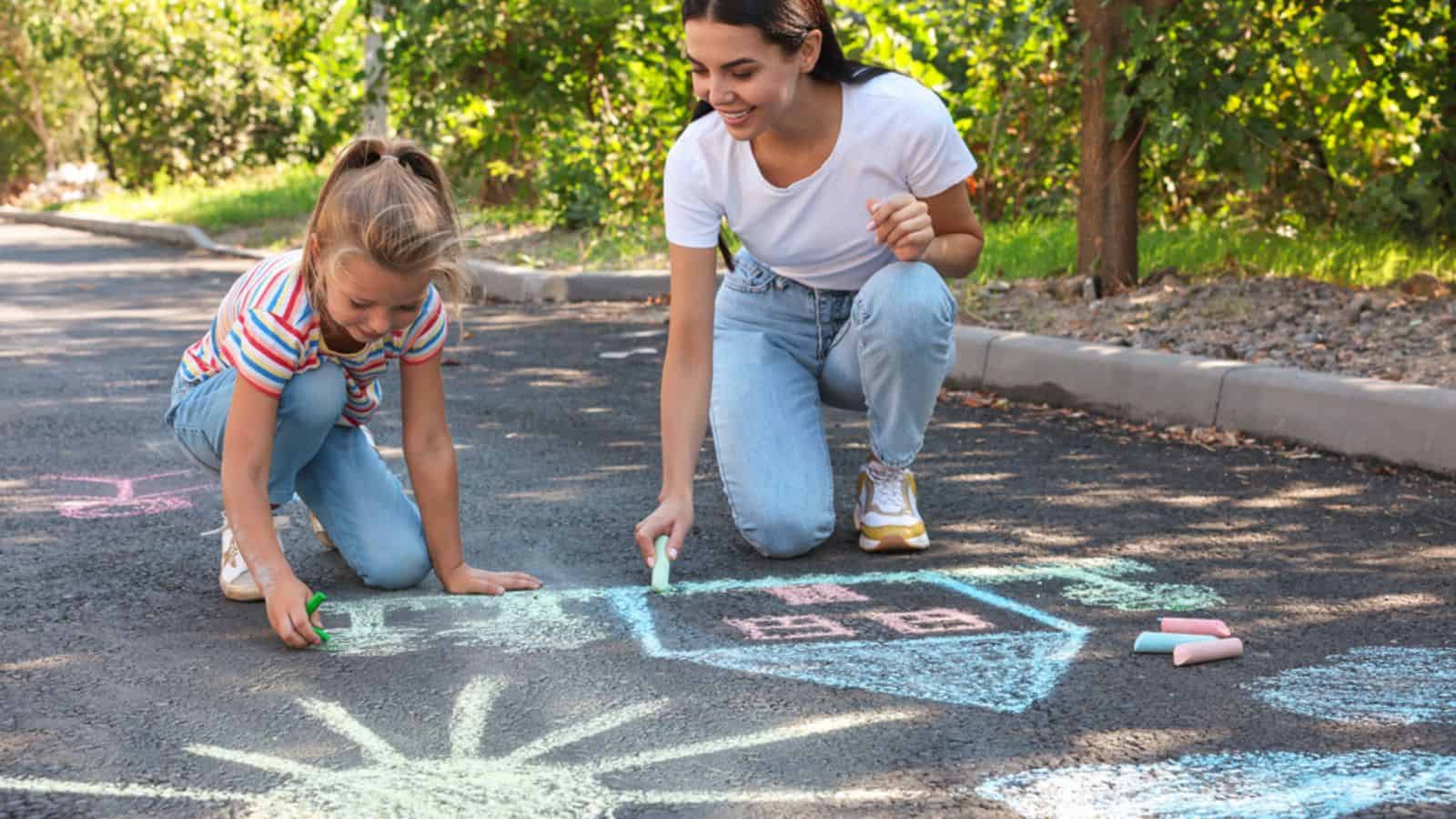
Incorporating outdoor time into the day provides exercise, fresh air and nature exploration. Go for walks, play with balls, hula hoops, bubbles and water toys, dig in the dirt, climb on playground equipment.
Cooking Together

Cooking projects teach important concepts while making a tasty snack. Have children help measure, stir, pour, and name ingredients and flavors. Make cookie/pizza dough, fruit salad, yogurt parfaits.
Reading and Storytelling

Sharing books exposes children to language patterns and imagination. Use different voices, ask questions, have them predict what happens next. Retell your favorite stories together.
Pretend Play
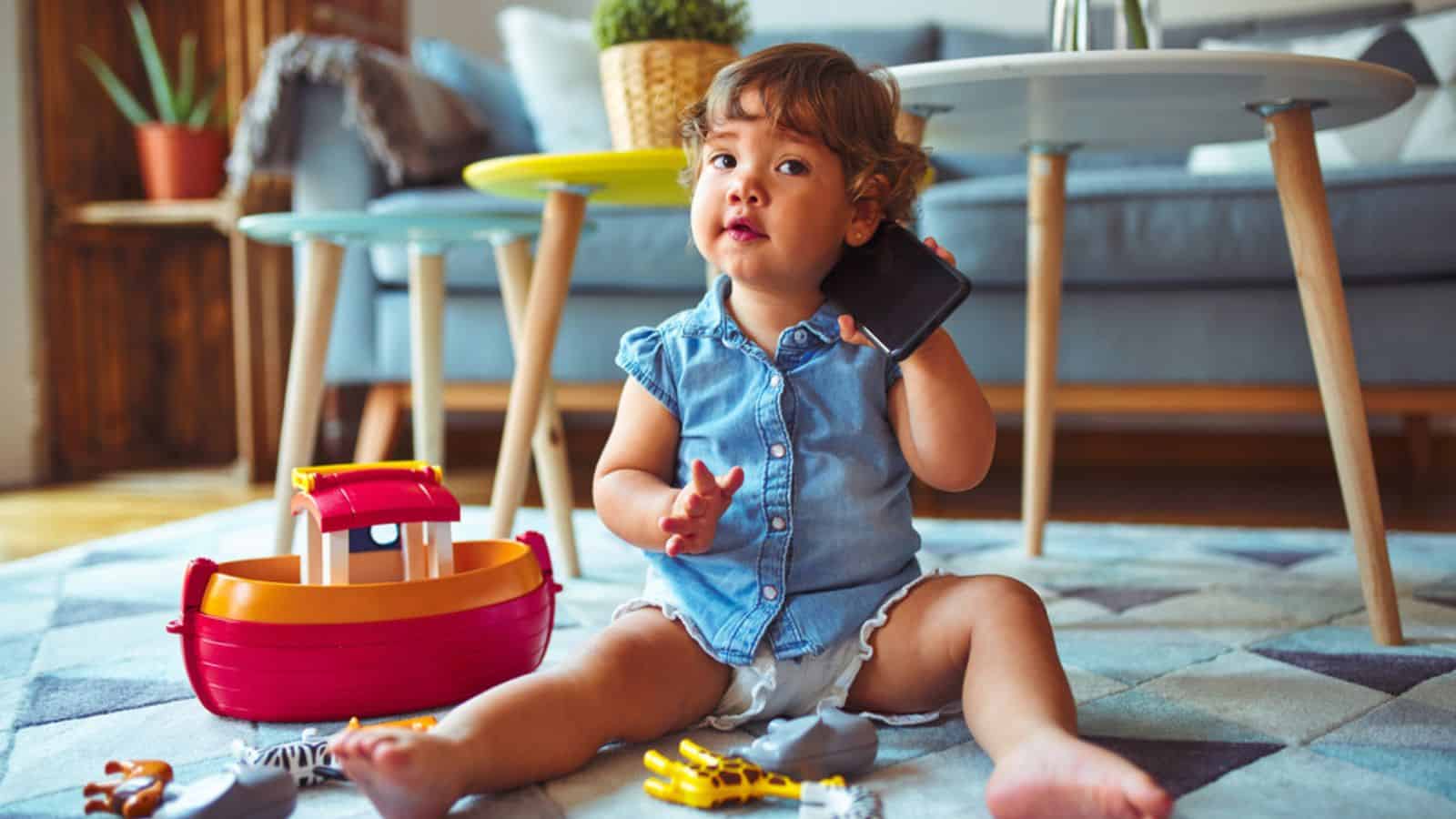
With dress-up clothes, play food/kitchen items or a dollhouse, pretend play supports social skills and creativity. Role play different characters and scenarios to act out stories.
Music and Movement
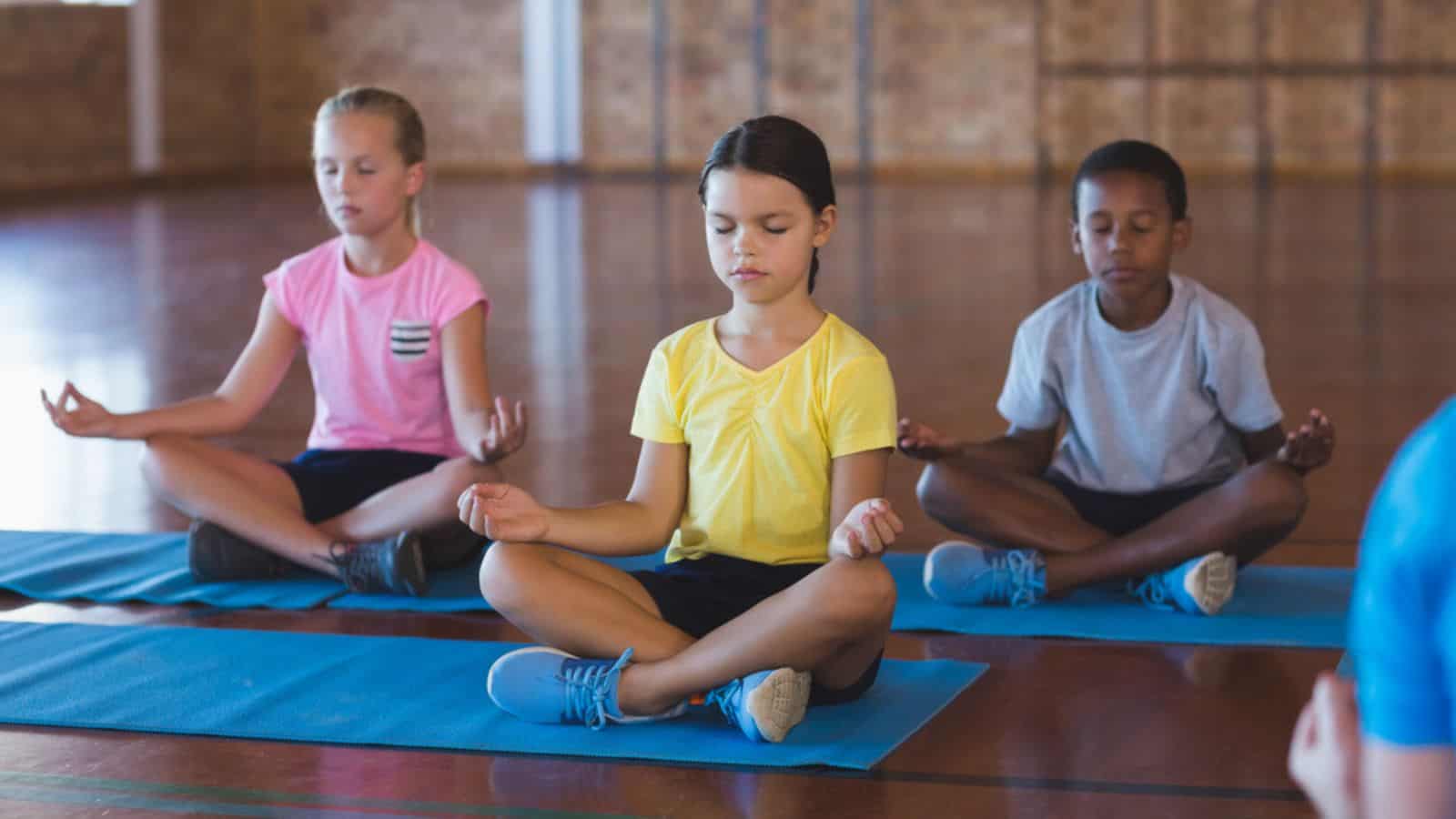
Singing songs and doing dances/yoga gets wiggles out while developing coordination. Use scarves, pom poms or homemade instruments as props. Turn on fun music videos to change things up.
Learning Through Play
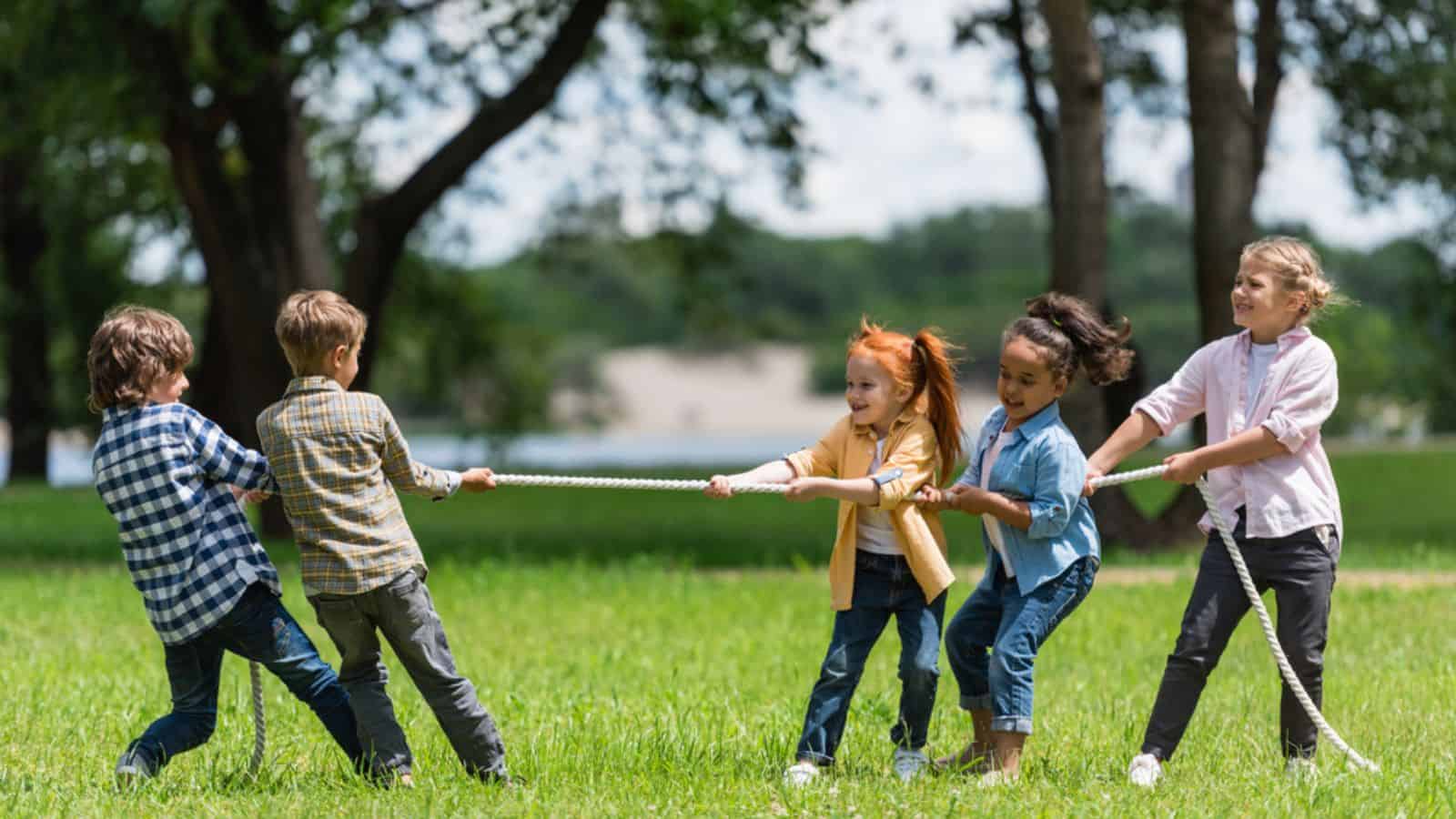
Toys like puzzles, blocks, shape sorters aid problem-solving in a low-pressure way. Encourage building, stacking, sorting and patterns.
Educational Games
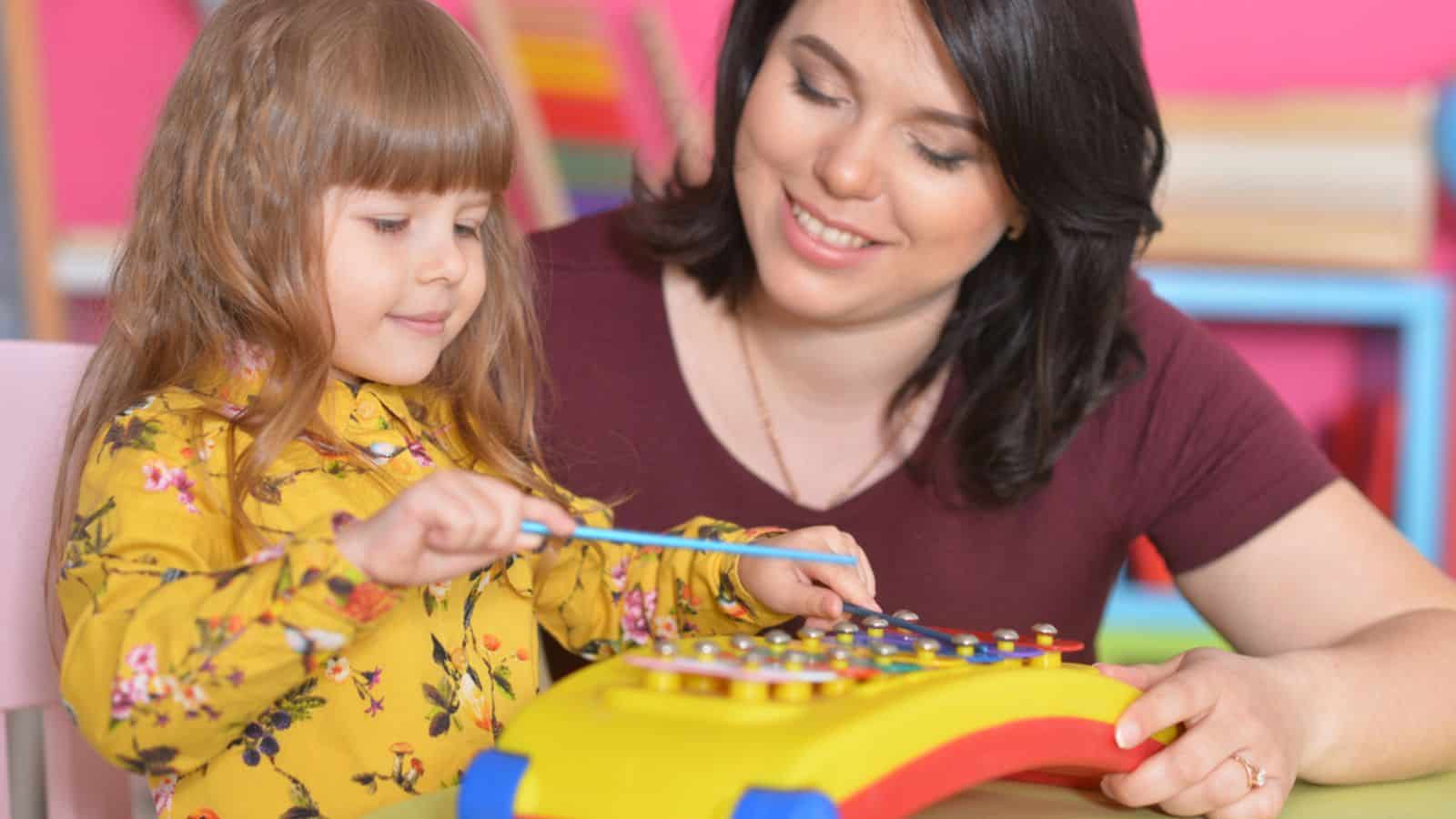
Simple board or card games teach skills like colors, shapes, counting and taking turns. Look for games suited to their age and attention span.
Scribbling and Drawing
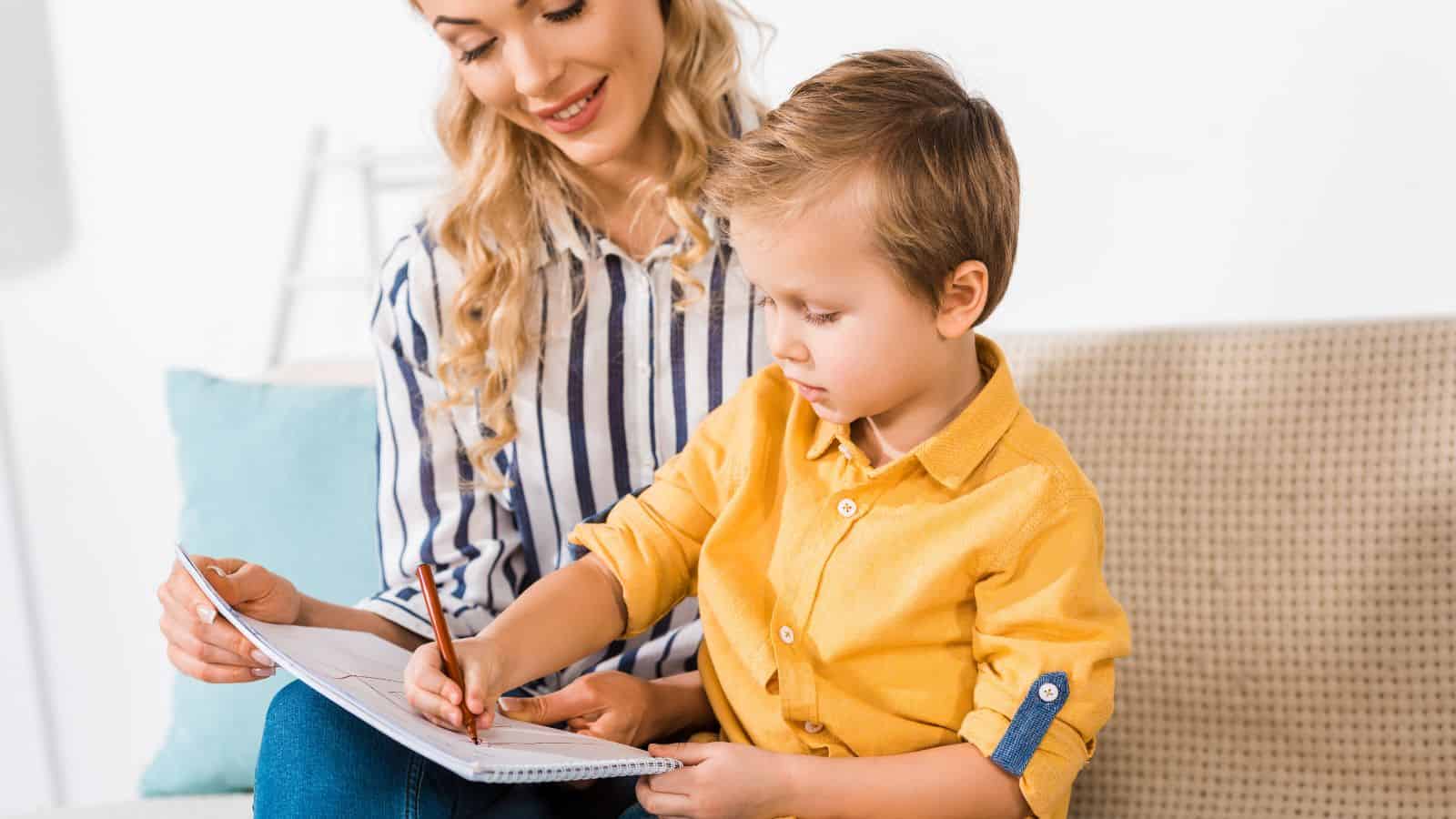
Provide paper, crayons, markers and let them freely scribble or copy shapes. Describe what they’re doing to build pre-writing skills and vocabulary.
Water Play
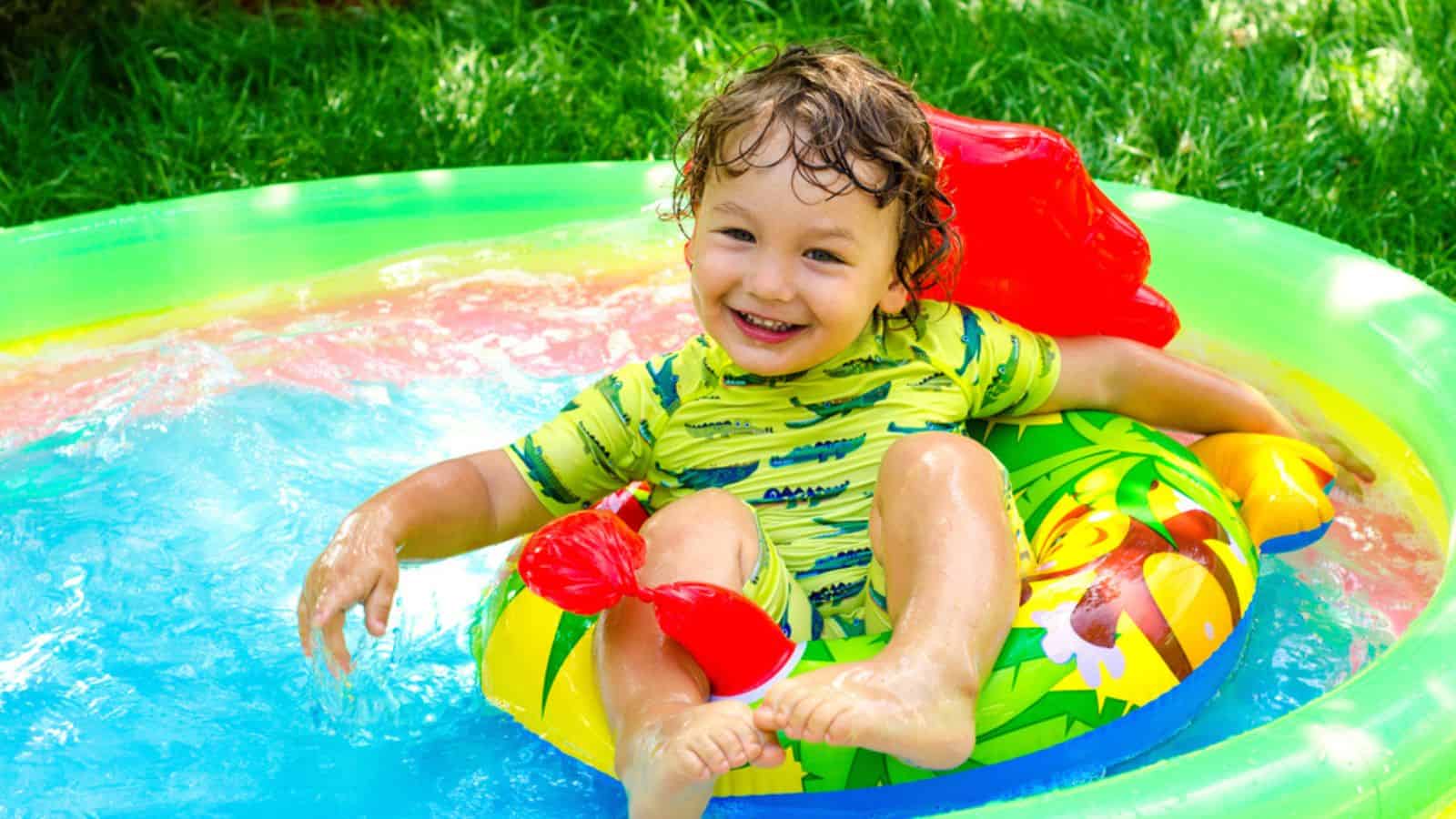
Fill containers with water for splashing, pouring, floating toys. Talk about concepts like full/empty as they play.
Playdough Math
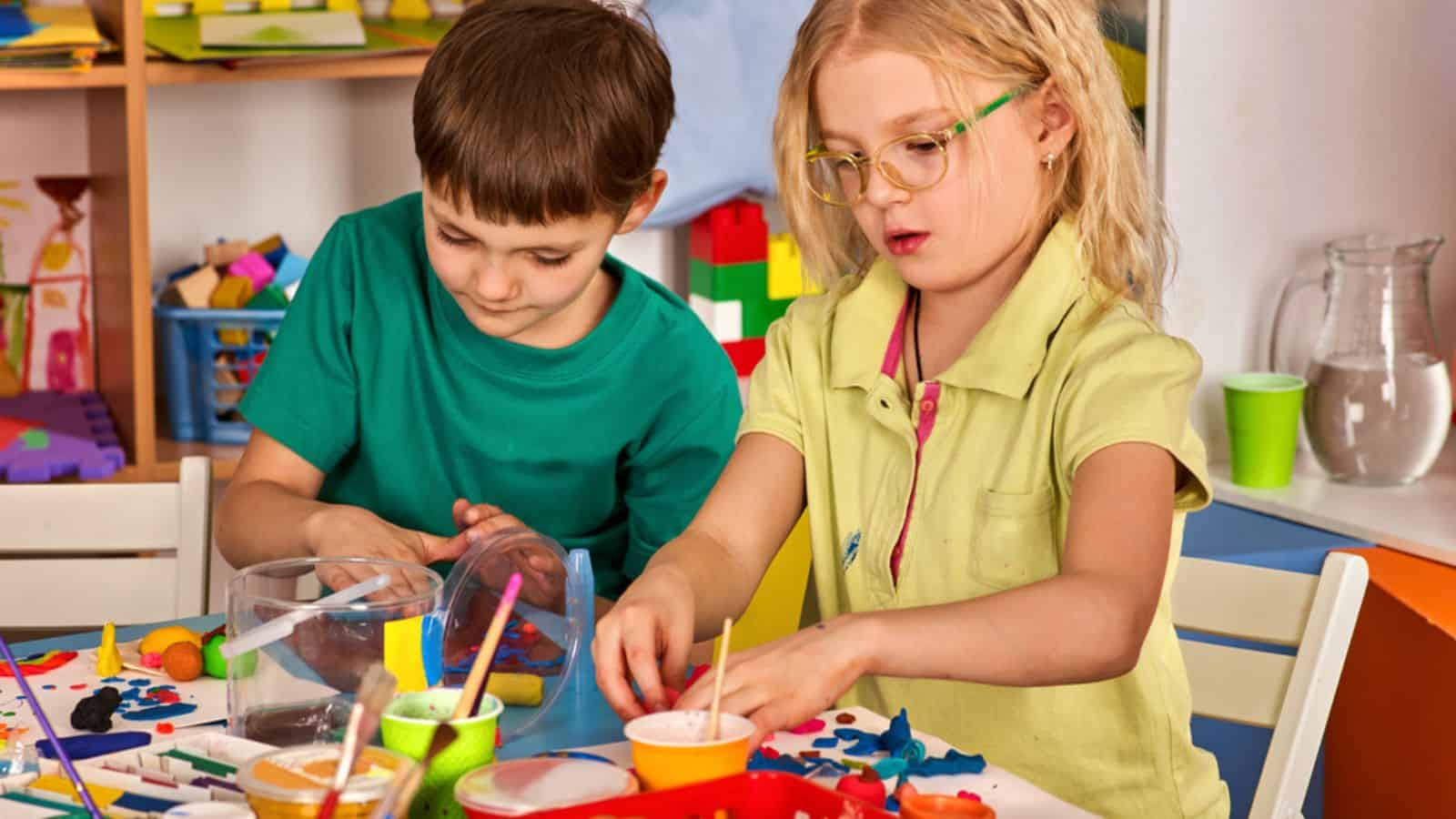
Count objects they roll out of playdough, and sort by color or shape. Make patterns by pressing cookie cutters or shapes in a row.
Letter and Number Exploration

Point out letters and numbers in books, signs around the neighborhood. Make letters out of playdough, magnetic tiles or stickers.
Nature Scavenger Hunts

Go on walks to find things like rocks, leaves, pinecones. Encourage observation skills by discussing textures, colors and patterns.
Movement Songs and Rhymes
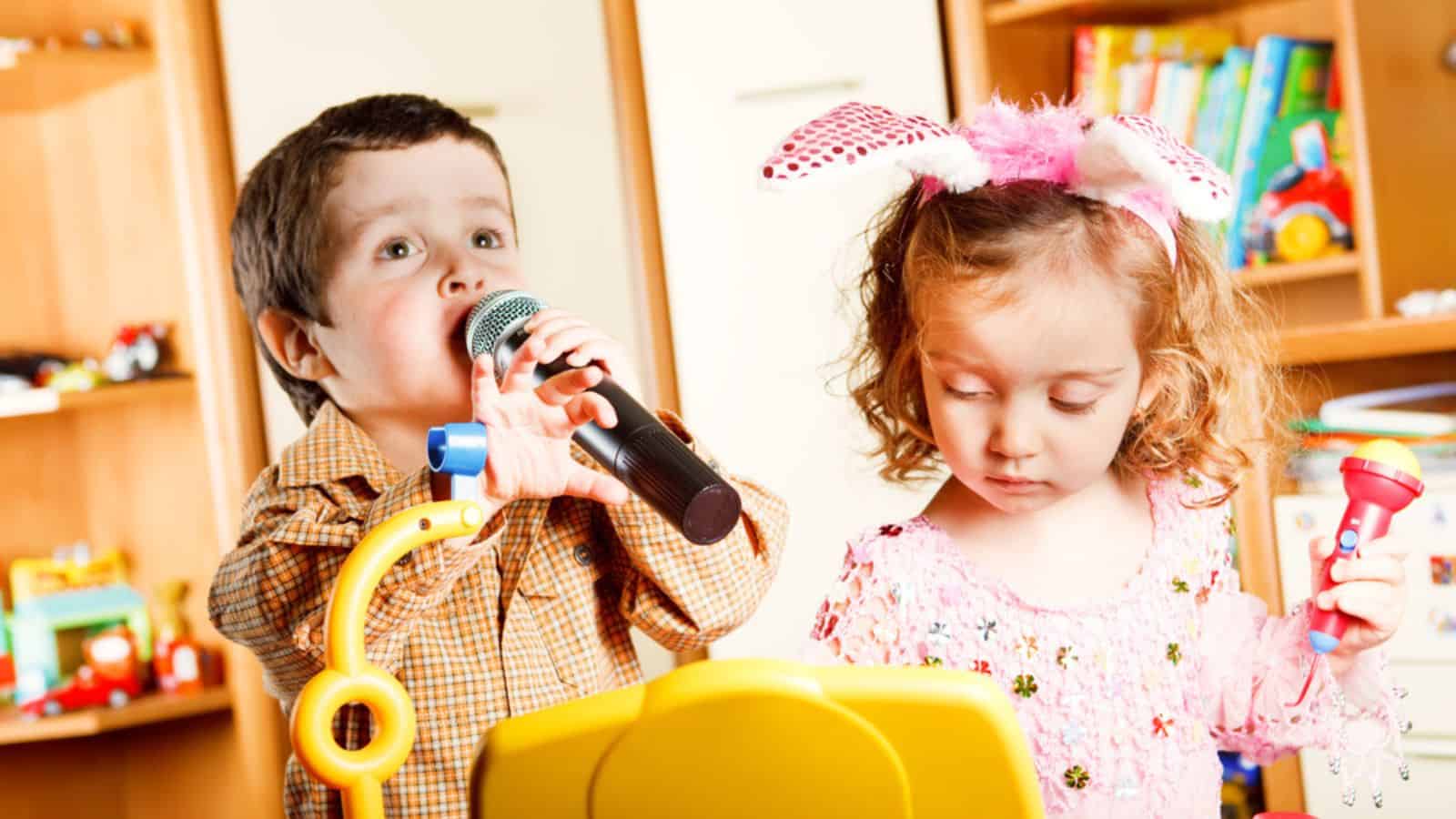
Songs that incorporate movements keep them engaged and build pre-literacy. Examples include “The Itsy Bitsy Spider” or “If You’re Happy and You Know It.”
Classification Activities

Sort toys, socks or other items by attributes to develop logical thinking. Categories could be color, size, type of item.
8 Ways To Teach Diversity To Your Children

In an increasingly diverse world, it’s more important than ever to teach our children about diversity and inclusion. By teaching children about different cultures, races, religions, and ways of life, we can help them develop empathy, understanding, and respect for others. Here are some ways to teach diversity to your children:
8 Ways To Teach Diversity To Your Children
7 Essential Coparenting Tips for Divorced Parents

Divorce can be a difficult and emotional time for everyone involved, especially for the children. Coparenting can be challenging, but it’s important to put the children’s needs first and work together as a team. Here are 7 essential coparenting tips for divorced parents.
7 Essential Coparenting Tips for Divorced Parents
8 Ways A Strong Family Unit Can Help In Your Child’s Development

As parents, we all want to provide the best possible environment for our children to grow and thrive. One of the most important factors in a child’s development is a strong family unit. A strong family unit can provide children with a sense of security, love, and support that can help them navigate the challenges of childhood and adolescence. Here are some ways a strong family unit can help in your child’s development:
8 Ways A Strong Family Unit Can Help In Your Child’s Development
10 Reasons Why It’s Better To Have Only One Child
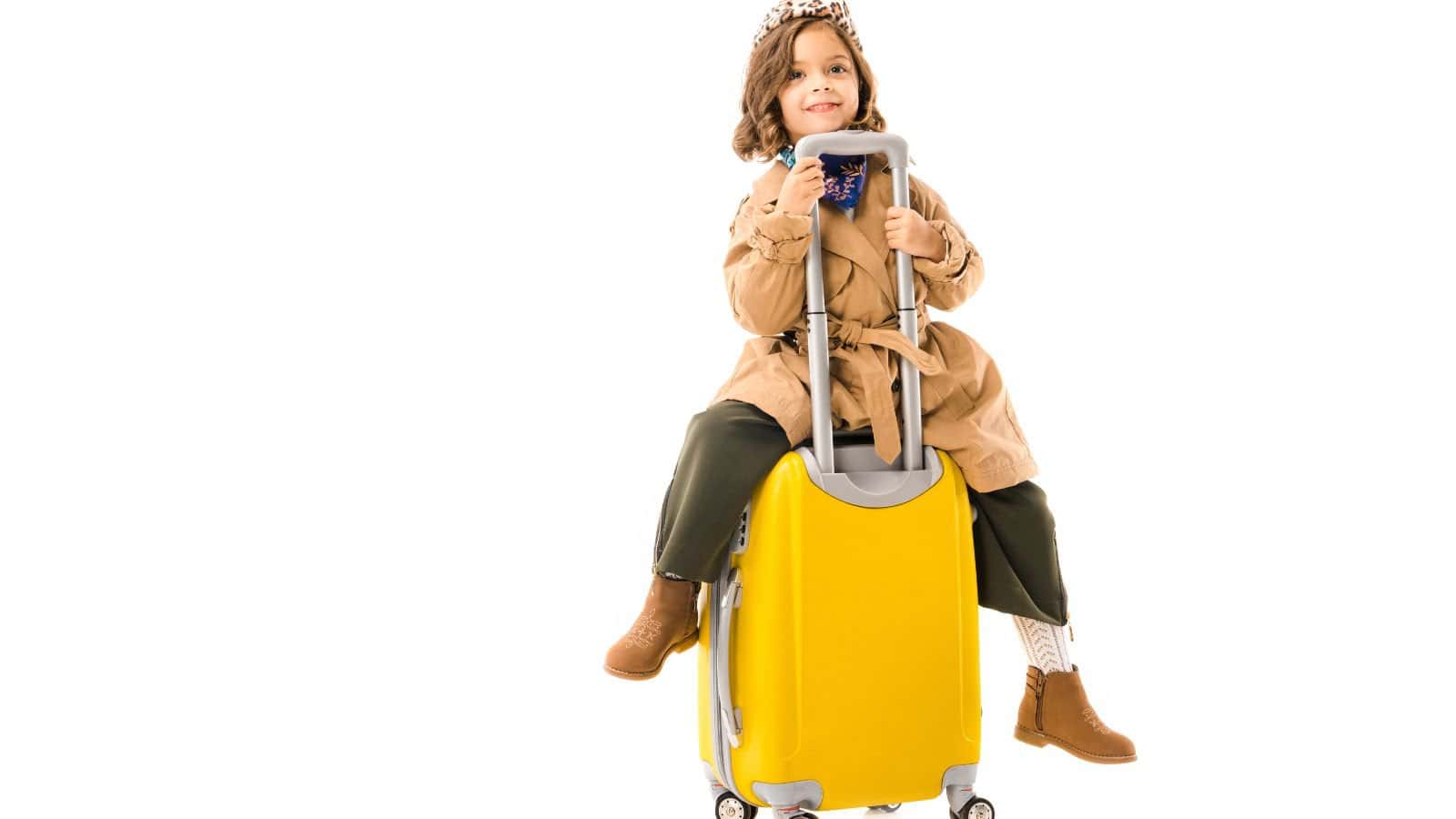
If you already have one child and you’re on the fence about having more kids, here are some reasons why it’s better to have only one child.
10 Reasons Why It’s Better To Have Only One Child
15 Values You Need To Teach Your Young Child

As a parent, one of your most important roles is to teach your child values that will help them grow into kind, responsible, and compassionate adults. While there are many values that are important to teach, some are particularly crucial in the early years. Here are some values you need to teach your young child.





